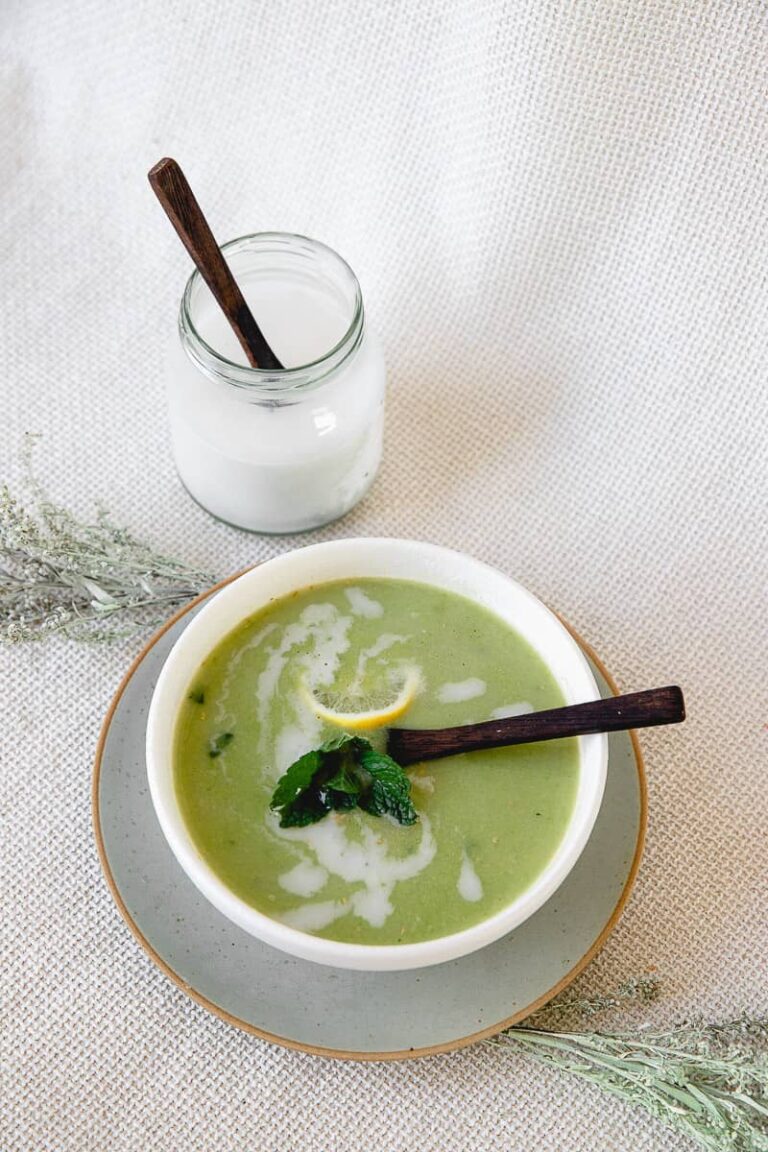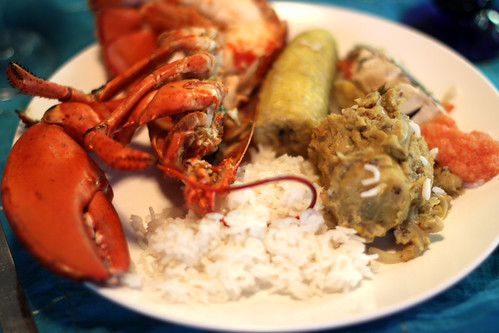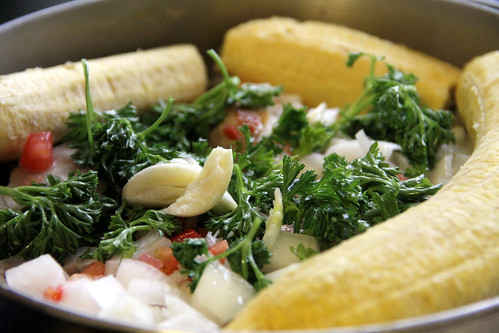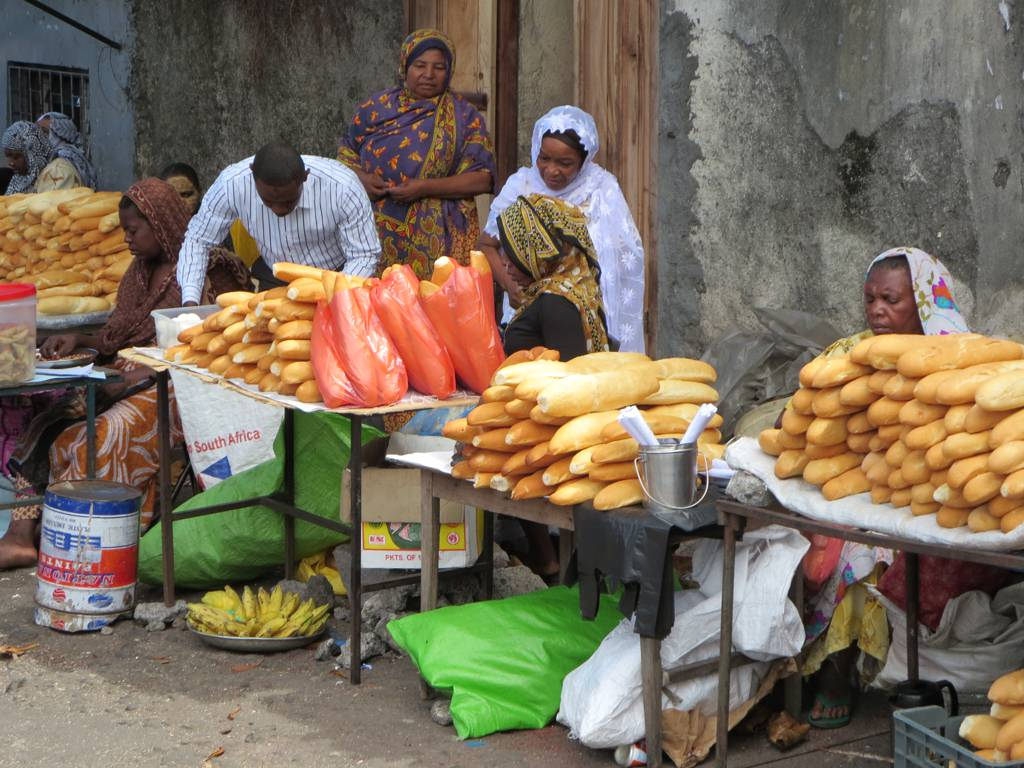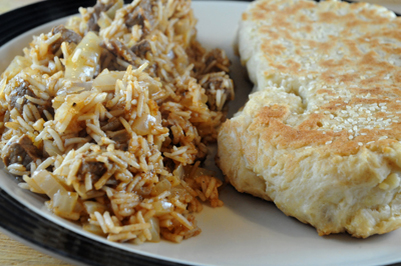Introduction to Comoros
Comoros is a small island country located in the Indian Ocean between Madagascar and the East African coast. The country is made up of four main islands, namely Grande Comore, Moheli, Anjouan, and Mayotte. Comoros is known for its stunning beaches, rich history, and diverse culture. The country is home to a unique blend of African, Middle Eastern, and French influences, which are reflected in its cuisine.
Comorian Cuisine
Comorian cuisine is a fusion of African, Middle Eastern, and French flavors. Rice, fish, and coconut are staple ingredients, and a variety of spices and herbs are used to add flavor to dishes. The cuisine is known for its bold flavors and use of fresh, locally-sourced ingredients.
Traditional Foods in Comoros
Traditional Comorian dishes include grilled fish served with coconut rice, cassava leaves cooked in coconut milk, and a variety of stews made with vegetables and meat. Mataba, a dish made with cassava leaves, coconut milk, and spices, is a popular Comorian delicacy. Pilao, a spicy rice dish made with meat or fish, is also a staple in Comorian cuisine.
Street Food Culture in Comoros
Street food is a common sight in Comoros, where vendors set up stalls and sell a variety of snacks and meals to locals and tourists alike. Street food is a popular and affordable way to sample the flavors of Comorian cuisine.
Popular Street Food in Comoros
One of the most popular street foods in Comoros is samosas, which are small, triangular-shaped pastries filled with vegetables, meat, or fish. Other popular street foods include brochette, a skewered meat dish, and chapati, a flatbread that is often served with curry or stew.
Experience the Flavors of Comorian Street Food
Comorian street food is known for its bold flavors and use of fresh, locally-sourced ingredients. Visitors to Comoros can experience the flavors of Comorian street food by exploring the local markets and trying out different vendors.
Where to Find Street Food in Comoros
Street food can be found in markets and on the streets of major towns and cities in Comoros. The markets of Moroni, the capital city, are particularly famous for their street food offerings.
Conclusion: Street Food in Comoros
Street food is a common sight in Comoros, where vendors sell a variety of snacks and meals to locals and tourists alike. Comorian street food is known for its bold flavors and use of fresh, locally-sourced ingredients. Visitors to Comoros can experience the flavors of Comorian street food by exploring the local markets and trying out different vendors.

